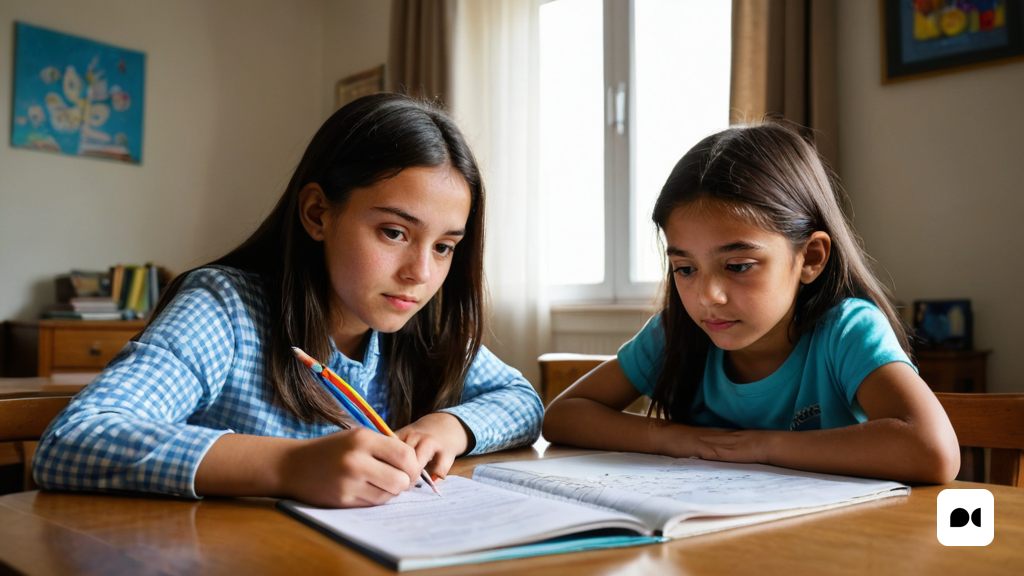A traditional school alternative
In broad times of preinscription and school plates, there are families who are optimized for another type of education: school at home. In Catalonia, there is a number of indetermine middle-school students who do not attend any educational school because they belong to families who have opted for this alternative.
School at home can follow two main models. One of them is the grouping of several families to constitute cooperative work cores in an alternative establishment to ordinaryescola. In this case, progenors are frequently giving hundreds and question the model of Angolan school, defending a more linked school with nature and where the Anglo-Saxon is a leading role in their learning. The other model is the model of autonomous families leaving children at home, with one or two progenors, for reasons for their work activity.
Advantages and inconvenients
School has advantages and inconvenients. On the one hand, it offers individual attention and a relaxed environment for learning. It also allows learning from experimenting, which is easier in small groups. On the other hand, families need to be aware that they have to work very much to beg doc specialists as teachers. In addition, in adolescence, there is a need of socializing empire between equal and lack of this interaction can be a problem. It is also possible for families to be too much education in the fields that have been focused on children, causing an understanding of learning that happens when students go to school.
Legal dichotomy
Education law imposes the mandatory schoolization, but the Constitution recognizes the right of families to choose the type of education of their children.
The importance of socialization
In adolescence, social needs are important to the development of young people; socialization with equal is fundamental to acquire social skills, to work self-esteem and self-concepte. If this interaction doesn’t happen, it can be a problem for adolescents.
The balance between individual attention and general learning
Another aspect to consider is that families can focus too much education in areas that internevenate children, leaving other areas of knowledge. This can cause lakes in learning that are detected when the student spends in ordinary school.
The need for clear regulation
The lack of clear regulation on the school in the house generates uncertainty and makes it difficult to make it difficult to establish a legal framework that defines the requirements and guarantees for this type of education, ensuring that they meet educational goals and respect the rights of children.

